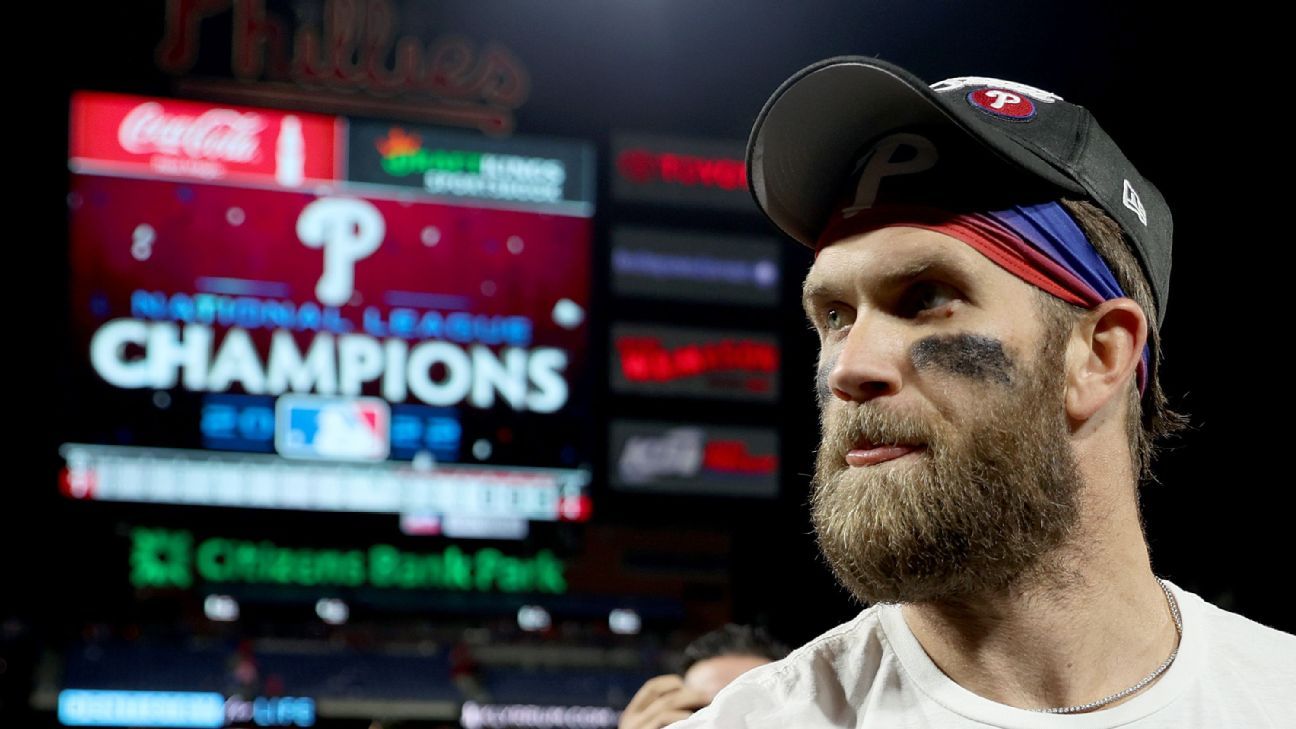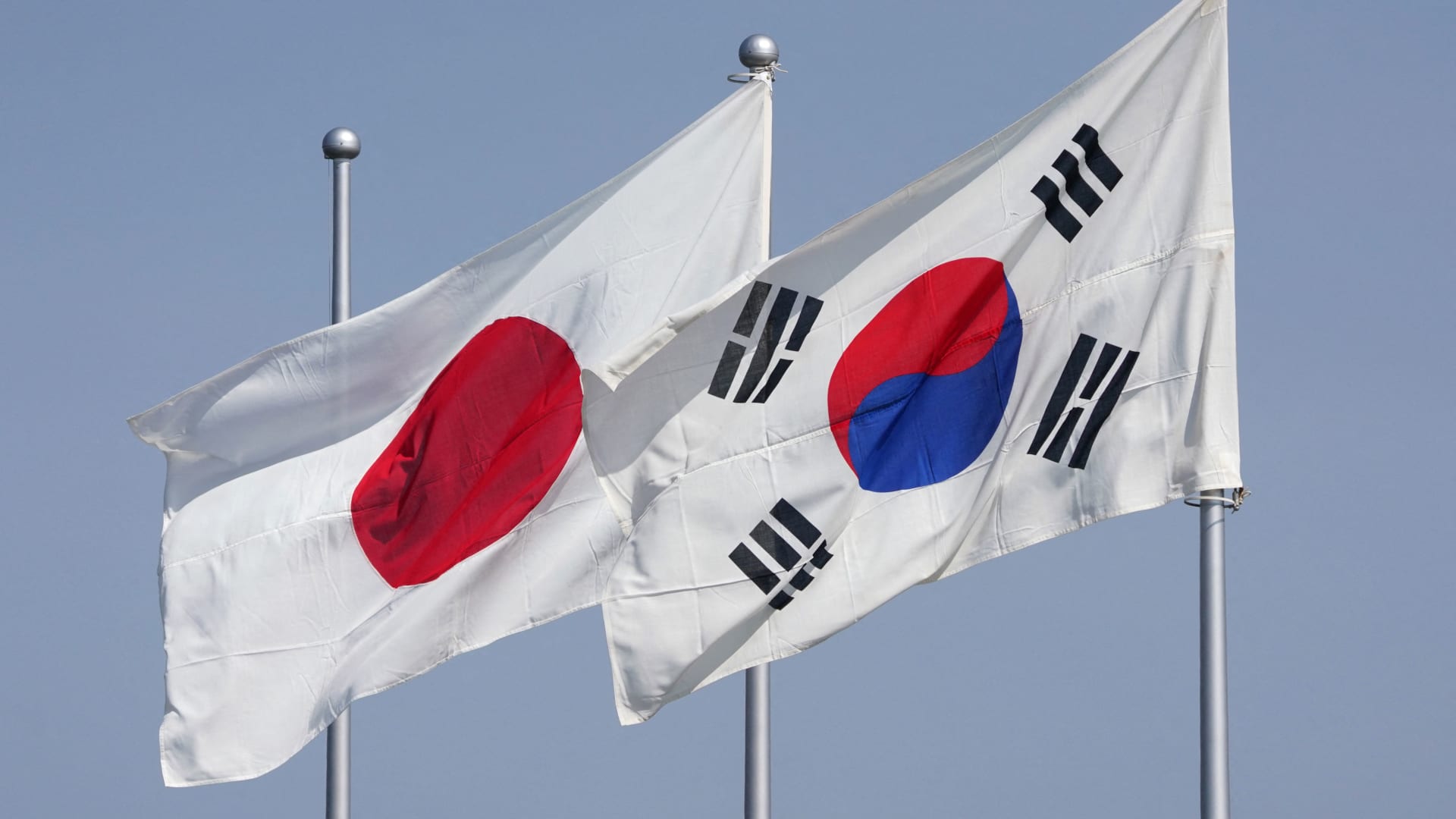The US Senate is now discussing the Build Back Better Act, which includes a much-needed reform of the federal EV incentive. Tesla fans are furious about the $4,500 additional incentive for electric cars made by unions.
They see it as one more attack by the Biden administration on Tesla, but they should reframe the issue to highlight the fundamental problem with the new policy.
Over the last year, Tesla fans have complained that the Biden administration has been unfairly treating Tesla.
It started when Tesla wasn’t invited to an EV announcement at the White House earlier this year.
But the true perceived slight was the new reform to the federal EV tax credit.
Tesla fans and the EV community in general have been calling for a reform for a long time since the incentive was poorly designed in the first place.
The limit of 200,000 US deliveries per manufacturer put companies who invested early in volume production of electric cars at a disadvantage.
Tesla and GM were the first to hit the limit, and now EV buyers don’t have access to the incentive when they buy their electric vehicles.
The main goal of reforming the program was to remove the limit, and that’s what they did in the Build Back Better Act.
The section about the federal EV incentive replaces the limit of deliveries per manufacturer with an industry-wide timeline of 10 years to take advantage of the incentive.
This is especially good for Tesla and GM electric vehicle buyers who regain access to the $7,500 tax credit. However, lawmakers made a few, more controversial changes in the version that has now passed the House.
The main change is that they are adding a $4,500 incentive for electric vehicles built at factories where workers are unionized, on top of the $7,500.
Here’s the exact language in the bill:
The amount credit allowed for a qualified vehicle is increased by $4,500 if the final assembly of the vehicle is at a facility in the United States which operates under a union-negotiated collective bargaining agreement.
Tesla fans have perceived this as another “attack” on the automaker by the administration since Tesla is currently the only automaker producing EVs in volume in the US at a non-unionized factory.
The bill is now being discussed in the Senate, and the additional incentive to unions is expected to be a controversial point that might change by the time the bill becomes law.
Reframing the problem
Tesla fans have been pushing back hard against the union clause in the bill, which they see as unfair.
I think they are right, but I think they should move away from focusing on it being a slight against Tesla by the Biden administration, and instead, focus on what makes it fundamentally wrong. The main problem is that the clause doesn’t really do what it aims to do.
In a speech about the reform, President Joe Biden said that the goal was to “grow auto jobs with good pay and benefits.”
By introducing the $4,500 extra incentive for EVs coming out of union factories, Biden assumes that it will incentivize the market to buy vehicles from automakers who have factories staffed with workers with “good pay and benefits.”
But that’s not the requirement in the legislation. Being unionized is the requirement, and that doesn’t necessarily accomplish that.
Here’s a simple hypothetical situation that shows how the incentive is flawed.
Let’s say you have automaker A making electric vehicles out of a unionized factory. The buyers of those electric vehicles have access to the $4,500 additional incentive as per the current version of the bill.
Now you have automaker B making electric vehicles out of a factory where workers are not unionized, but they have comparable pay and benefits to employees working in automaker A’s unionized factory.
Under the current version of the bill, automaker B achieves the actual goal of having auto jobs with good pay and benefits, but buyers of the vehicles made by those workers are being penalized simply because the workers didn’t achieve those conditions through a union.
Now let’s say that the workers at automaker B’s factory are presented with an opportunity to unionize, and because of their situation, they decide to vote against it since they are satisfied with their situation and they don’t want to pay union dues.
In this very plausible situation, which many of Tesla proponents argue is the automaker’s situation, the clause is actually failing to incentivize good-paying auto jobs and actually penalizes them.
What’s the solution?
Now, this is not an anti-union argument. Unions, if well-organized and led by honest people wanting to do good, can have a positive impact.
However, the way this legislation is worded fails to achieve what the Biden administration claims that they want to achieve.
That should be the focus of the opposition of the union clause, and not it being an attack on Tesla or anyone else.
Personally, I think the clause could be removed altogether since $7,500 is a big-enough incentive to accelerate EV adoption, especially if it becomes a point-of-sale incentive in 2023 as it is currently supposed to become.
But if you absolutely want an extra incentive for good-paying auto jobs with good benefits, you can make a clause that achieves just that.
You simply have to replace the language about the electric vehicles “being assembled at a factory operating under a union-negotiated collective bargaining agreement” with “being assembled at a factory where workers receive pay and benefits at or above the industry average.”
It would be up to the companies and workers to see if they can achieve that by themselves or with the help of a union.
Subscribe to Electrek on YouTube for exclusive videos and subscribe to the podcast.















